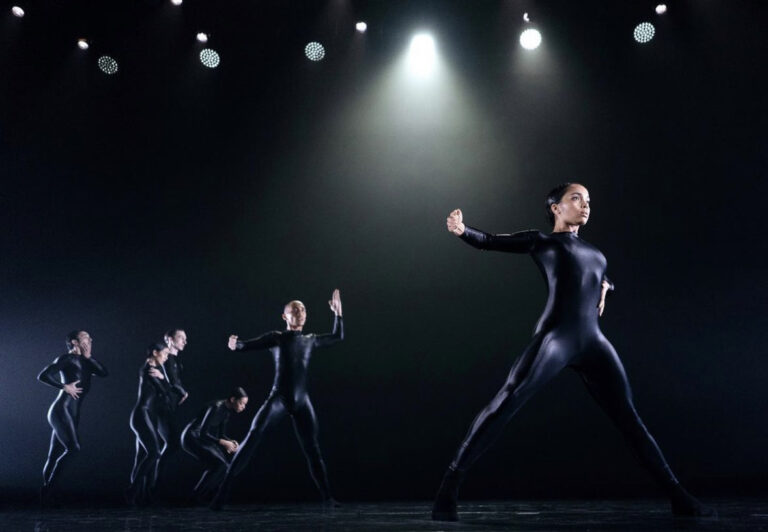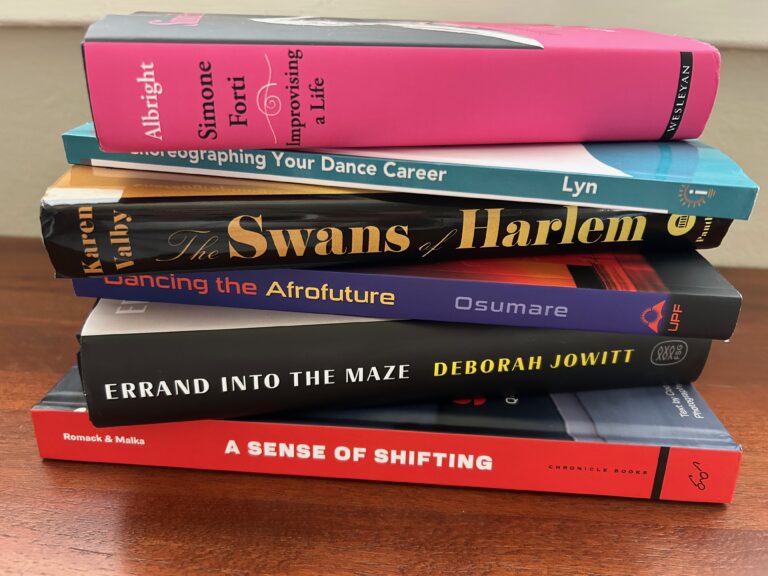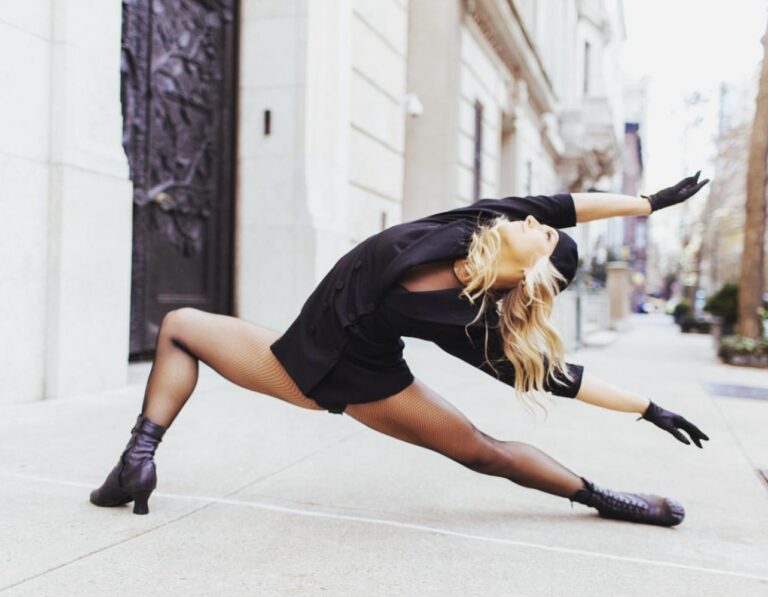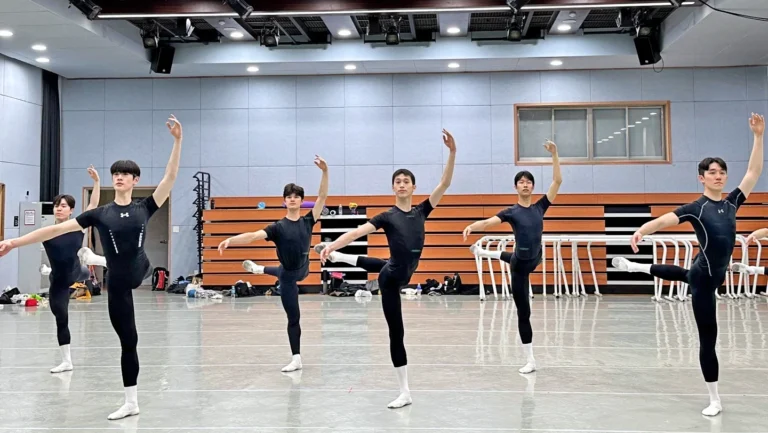A studio’s success relies, in part, on the achievement and growth of its students. Encouraging dancers who have gone off to college or left to pursue a professional career to remain active at your studio can be a significant boon to your business. They can enhance your faculty, host a guest class or simply lend a hand in the production of your recital. “Alumni can show current students that there is a bigger world out there than the small pond so many of them have been used to swimming in,” says Brenda Froehlich, director of Wilton Dance Studio in Wilton, Connecticut. “Older students coming back often bring with them a sense of excitement and enthusiasm that is very contagious.”
Read on to find out how to reconnect and foster lasting relationships with your recent graduates.
The Lines of Communication
Technology has made it easier than ever to communicate. College students depend on the internet as their go-to source for all information, so keeping your website current is your first step. You can post school announcements, pictures and even videos of past performances on your web page. Kirstie Spadie, artistic director of the North Carolina Dance Institute in Raleigh, North Carolina, plans to develop a special page that recent graduates can update themselves with personal news and photos.
Some studios use social networking websites like MySpace and Facebook to reach alumni. A group of graduates from The Studio Atlanta Dance in Atlanta, Georgia, recently created their own Facebook group as a way to stay in touch with one other. Angela Harris, ballet director of the pre-
professional division at the studio, frequently visits the group’s page to get in touch and make sure they are up to date on studio news.
A newsletter, via mail or e-mail, is another great method of communication. You can include a calendar of events and regular studio bulletins, as well as special alumni discounts on classes and other incentives to encourage former students to drop in.
Homegrown Teachers
Rounding out your current faculty with former students is a win-win situation: They are already experienced in the methods and styles of your school and can bring a unique point of view to the classroom by combining their studio experiences with real-world knowledge. Cheri Costales, director of Elite Dance Studio, in Albuquerque, New Mexico, rarely hires outside instructors. “My alumni have years of personal training and are already invested in the studio and the programs,” she says. “They know me and how I run my business and classes.”
Broadway Dance Center in New York City helps cultivate teacher-student relationships between older dancers and younger students even before graduation. BDC offers an assistantship program, which provides senior dancers with teaching experience and often becomes the impetus for young alumni to return after graduation, explains Emily Robinson, director of the Children & Teen Program.
Hiring alumni as guest artists can also help to broaden your students’ knowledge of different techniques and expose them to the realities of a pursuing a career in dance. Wilton Dance Studio, for example, welcomes back several alumni year after year to help choreograph and perform in year-end concerts and Nutcracker productions, says Froehlich.
These visits can reinvigorate students and faculty members alike. “What’s most rewarding as a teacher is seeing our alumni succeed, and it shows young dancers that all of their hard work will eventually pay off,” says Spadie.
In turn, the opportunity to teach special master classes or choreograph for recitals will enrich alumni’s professional experience. Those pursuing performance careers may also appreciate the opportunity to use your studio as a safe environment where they can hone their skills and create and experiment with new work.
Mentoring Matters
Mentorship programs, in which alumni offer guidance to students both in and outside the studio, are also great ways to maintain long-term relationships. For the past five years, The Studio Atlanta Dance has used its mentoring program to match graduating seniors with younger dancers.
Mentors who have gone on to college often host prospective students, and also return to the school to assist in end-of-year concerts and cheer on their mentees. As an added perk, “returning alumni and mentors have allowed current parents to see the progression and evolution of students to young adults and professionals,” says Harris.
Don’t lose sight of your students once they’ve left the nest. By making the extra effort to communicate with alumni on a regular basis, you can ensure they’re part of your dance family for years to come. DT
Andrea Lodico is a freelance writer based in New York City.



